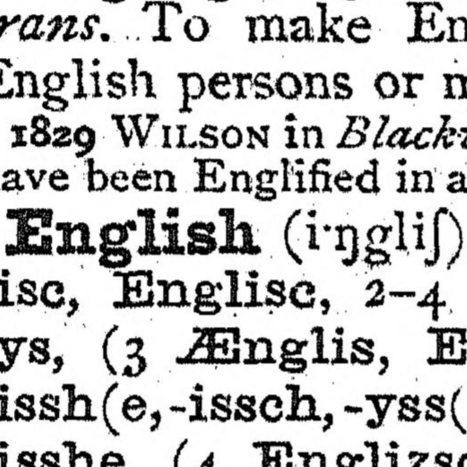Of course the official rule is that for countable things, like apples, we say fewer, as in, “Why are there fewer apples?” And for things that you can’t really count, you use less, as in “We need more dream time and less screen time.”
But recently, even from native speakers who’ve been to university, you can hear people using ‘less’ when the grammar books say they should use ‘fewer’. Language changes and there are many examples of things that we say differently than we write. What are your thoughts?
Should we grammar nazi this until everyone gets back in line? Should we just let language evolve and enjoy the ride? Do you think it will settle in with spoken and written forms being different? Do you think this will become the norm in English?
By the way, I blame supermarkets with their “9 items or less” signs.


In the UK, we have Waitrose supermarkets, which have a “10 items or fewer” lane. The rest are “N items or less”. I wouldn’t go out of my way to find a Waitrose – they are fewer and further between than other kinds – but I certainly appreciate it when I shop at one and buy a small number of items.
Likewise, with general usage and mis-usage of “less”, I wouldn’t go out of my way to correct anyone, but I enjoy it when “fewer” is used correctly. And I do so myself, of course!
These sorts of shifts in language seem inevitable, and always seem to be in the direction of a decline in precision. But I wonder if that perception is just a cognitive bias: perhaps interesting and exciting words are emerging but we’re less likely to spot them until they themselves begin to decline in precision?